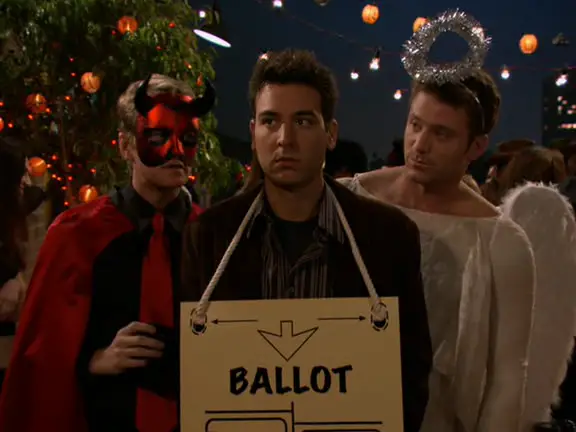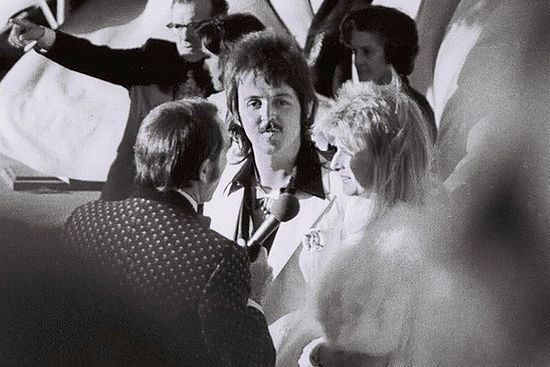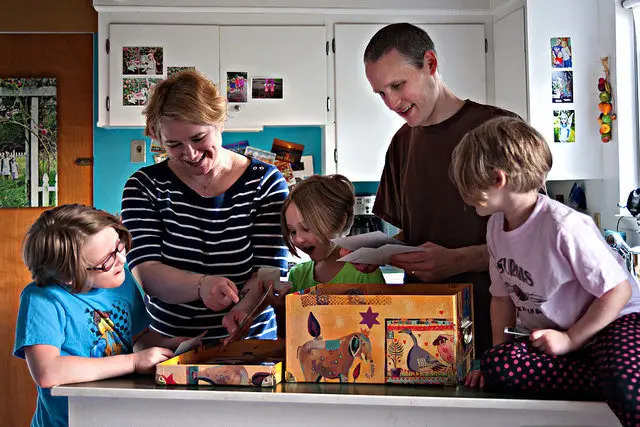Jonathan Dodd’s latest column. Guest opinion articles do not necessarily reflect the views of the publication. Ed
We’re all of us, great colourers. I don’t mean the latest craze of colouring-in-by-numbers, with piles of coloured pencils and extravagantly-bound books of pictures with nice dark lines between the shapes. I mean that we all add colour and emotions to our experiences rather than remember them exactly as they were. Sometimes this is a good thing, but not always.
It’s like this. Take a picture of someone, maybe you, lying a beach in the sunshine. Flash, bang wallop, what a picture. It may be black and white or it may be coloured. It is what it is, a snapshot of a scene. You can look at it and remember the day or the place or how old you were, or what you were wearing, or who was with you.
See what happens to those bright colours
If you then imagine you were with someone you loved, on holiday together, or on honeymoon, the photo becomes suffused with brighter colours. Or maybe you were miserable for some reason, perhaps missing someone or being troubled by some problem. See what happens to those bright colours? They’ve probably wilted, like overdue flowers.

This is what we do with our memories of our experiences. Where were you when you heard about the Brexit vote? If you’d voted to leave, you’re more likely to remember, and you’ll think of it as a happy memory. But if you were disappointed by the result, your memory of it would be accompanied by an entirely different feeling.
We think of it as something that can’t be changed
We all do this. And we think of it as something that can’t be changed. As if each of our memories is a snapshot that can only be reprinted in exactly the same way. But in reality our memories are infinitely photoshopable. We experience things in the moment, and we also remember how we felt. When we remember the thing, we add in how we felt at the time as well as how we feel now, and we combine them in the process of recall.

This process allows us to change the way we see our memories, for better or for worse. Imagine someone having an idyllic holiday (sorry, my thoughts turn more and more to sunny warm days the farther into winter we go). Imagine that person leafing through the holiday snaps, recalling the warmth and sunshine and the presence of someone they love. That’s a pleasant scene, one I hope we can all relate to.
Like the once-beloved mullet in the wedding photo
If you then imagine that the person with the happy memories found out that the loved one had been cheating on them all that time. Now they would be looking at exactly the same snaps but they would see it all in a different way, and it would become dark and miserable. In the same way, we can look at photos of loved ones while they’re still alive, and that all changes if they leave or die. Then, over time, we read just our view and we see them in yet another way.

I think you get my gist. Like the once-beloved mullet in the wedding photo, or the bell-bottoms becoming an embarrassment later and then a source of amusement later still. In all these scenarios I’m painting here, our memory adapts because we change and we react differently. Time passes, or relationships change, and we adjust. Our basic memory remains exactly the same, but we see it through a veil or a filter that constantly changes.
It might be lying, but it will answer
What I really want to say is that this needn’t be a passive process, over which we have no control. Some of us are haunted by memories and experiences that seem to bear down on everything else. Our instinctive reaction is to try to push them away, and to avoid anything that reminds us of those memories. What if we were able to change the influence of those memories, to water them down or remove their influence? I like that idea.

Part of this is to do the thing I’ve taught myself to do for years now. It involves listening to your inner voice properly so you can find out what that voice is actually saying. Many of us have no idea that we even have an inner voice. Ask yourself if you do, and listen. You’ll hear it then. It’ll either tell you that you do have an inner voice, or it’ll say you don’t. Either way, it might be lying, but it will answer. So ask it some more questions.
All of this is quite normal
After a while, you’ll pick up its timbre and characteristics. It might sound like you, or a parent, or a teacher. It might sound like someone you look up to, or someone you fear. It may be whispering encouragement or it may be saying negative things. I think it’s better to know what your inner voice is saying than not. Some people have several voices, for different circumstances. And all of this is quite normal. There’s nothing unusual about it at all. Mostly.

There are two circumstances in which this isn’t good. The first is in those unfortunates who have really bad internal voices and who we would think of as needing help. The second is completely within the range of what we would call normal, but where the voice encourages negativity, because that’s not good for us. I’m not going to give any examples from anyone else’s life here, because I can supply them all from my own experience.
What’s the very worst thing that might happen?
Your inner voice might spend a lot of time discouraging you from doing something you would like to do, because ‘people’ might disapprove, or might laugh, or might think less well of you. There are two things to say about this. first, the voice becomes most noticeable when you really want to do something, and second, these so-called ‘people’ are never specified. It’s about risk, of course, and the voice always exaggerates this risk out of all proportion. I stopped this by asking myself a simple question. “What’s the very worst thing that might happen if I do this?”

Usually, the answer is pretty inane. “Someone might laugh”. Or “I might not be offered the job”. Well, they might be laughing already, and you absolutely won’t be offered the job if you don’t apply. And in practice, as I’ve proved to myself many times, no result of something you feel strongly about will be that bad, because you’re protected by your shield of power, which is fuelled by the feeling for the thing you want to do in the first place. If it wasn’t strong, you wouldn’t be feeling it, and the question wouldn’t arise.
I went through the whole process
My favourite example is my habit of wearing Hawaiian shirts. I’ve always felt that these are the ideal garments for me. I just have. I no longer worry about it, but I used to. I went through the whole process. The worrying about what was wrong with me. The inability to go into a shop and look at them, then the embarrassment at taking one up to the cash desk to pay. The expectation of that knowing look in the eye of the shop assistant. It was horrible.

Then, when I had a stock of Hawaiian shirts in my wardrobe, not daring to wear them out. I used to close the curtains and wear them in enclosed spaces, staring furtively at myself in mirrors. It was hard. And then the day came when I wore one to a barbecue, and everyone loved it. My whole life changed. And I noticed that my inner voice stopped talking about misery and rejection, and started dancing the conga. I wondered why it hadn’t just started with that instead of making me go through all that misery.
They do have a great day, and so do I
People often ask me why I wear Hawaiian shirts. My answer is simple. “Because I know that whenever I wear a Hawaiian shirt, everyone I’m with has a great day!” And I beam them my biggest smile. And they smile back. And they do have a great day, and so do I.

So now I listen to my inner voice, and instead of being influenced by anything negative it wants to say, I rephrase it to a positive message. I never disregard it completely, because it might be saying “You’re about to be run over by a truck!” Generally though, its message might just need rearranging so it sounds positive. I haven’t yet found a situation that defies this process.
Find something positive to have your inner voice say
“Some people might love this!” sounds more encouraging than “Someone might laugh at me”. “You never recovered from that experience” is infinitely worse than “Well, it was horrible but I’m still standing!”. And “I want to be in love again” is so much better than “I’m never going to trust anyone ever again!”

And you can apply this to your photographs, and your memories. Especially the ones that hurt, or that make you sad. They’re your memories. They’re important to you. Study them. Find something positive to have your inner voice say about it. You’ll find that it’s possible to add positive value to all your experiences, and in that way you can own them and have more pleasure and more control over your past, your present, and even your future.
That’s what I try to do. And my inner voice likes it too.
If you have been, thank you for reading this.
Image: Sendelbach under CC BY 2.0
Image: gray_um under CC BY 2.0
Image: Liam Quinn under CC BY 2.0
Image: Corwin under CC BY 2.0
Image: Gideon under CC BY 2.0
Image: Zakeena under CC BY 2.0
Image: Prioryman under CC BY 2.0
Image: Vera & Jean-Christophe under CC BY 2.0
Image: lorenjavier under CC BY 2.0
Image: Personal Creations





